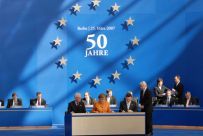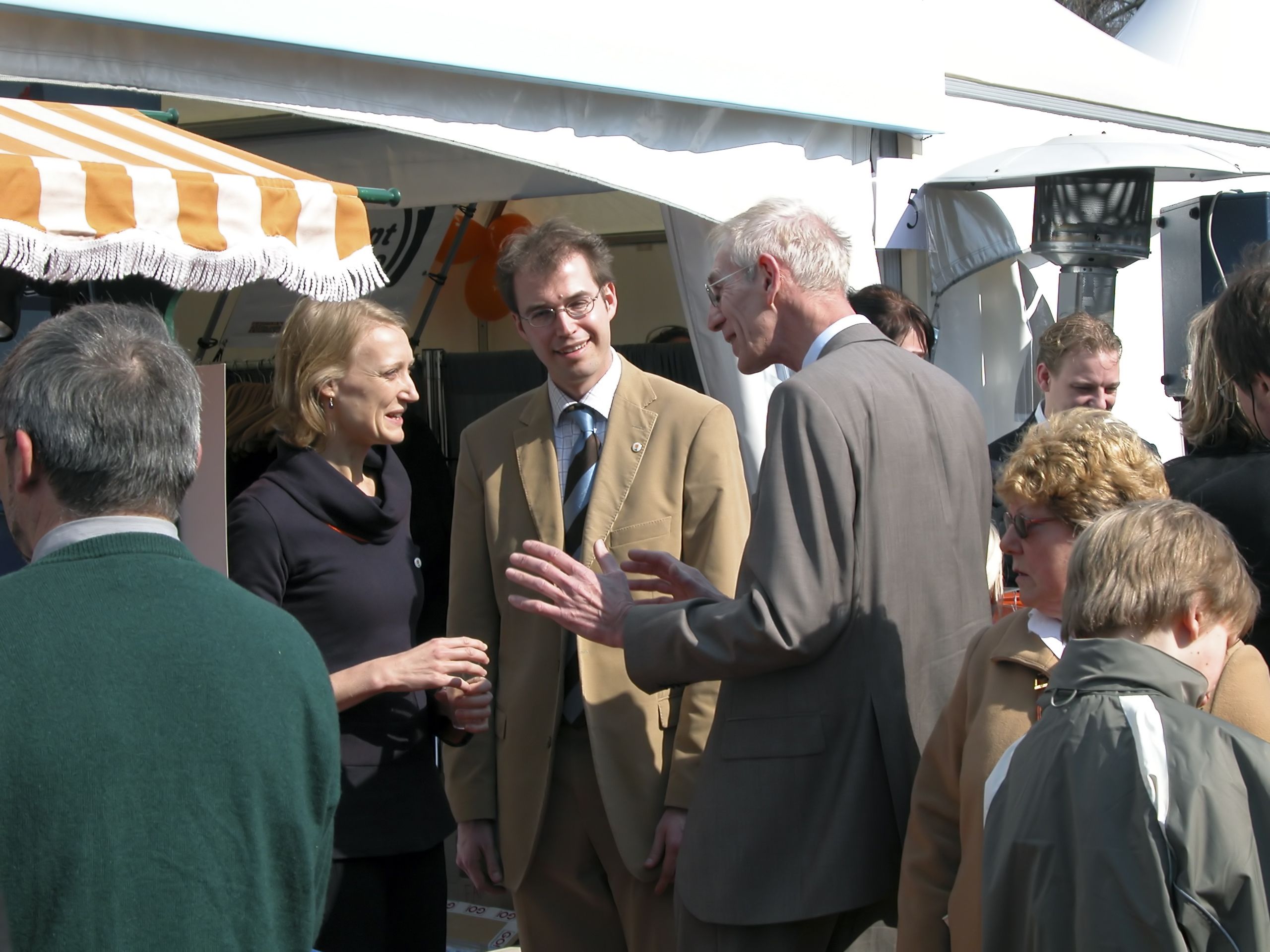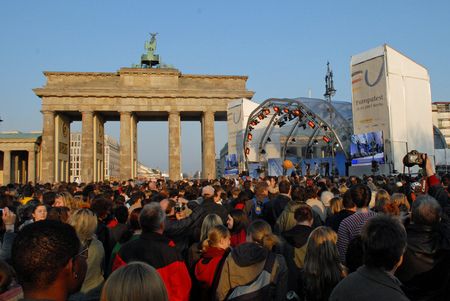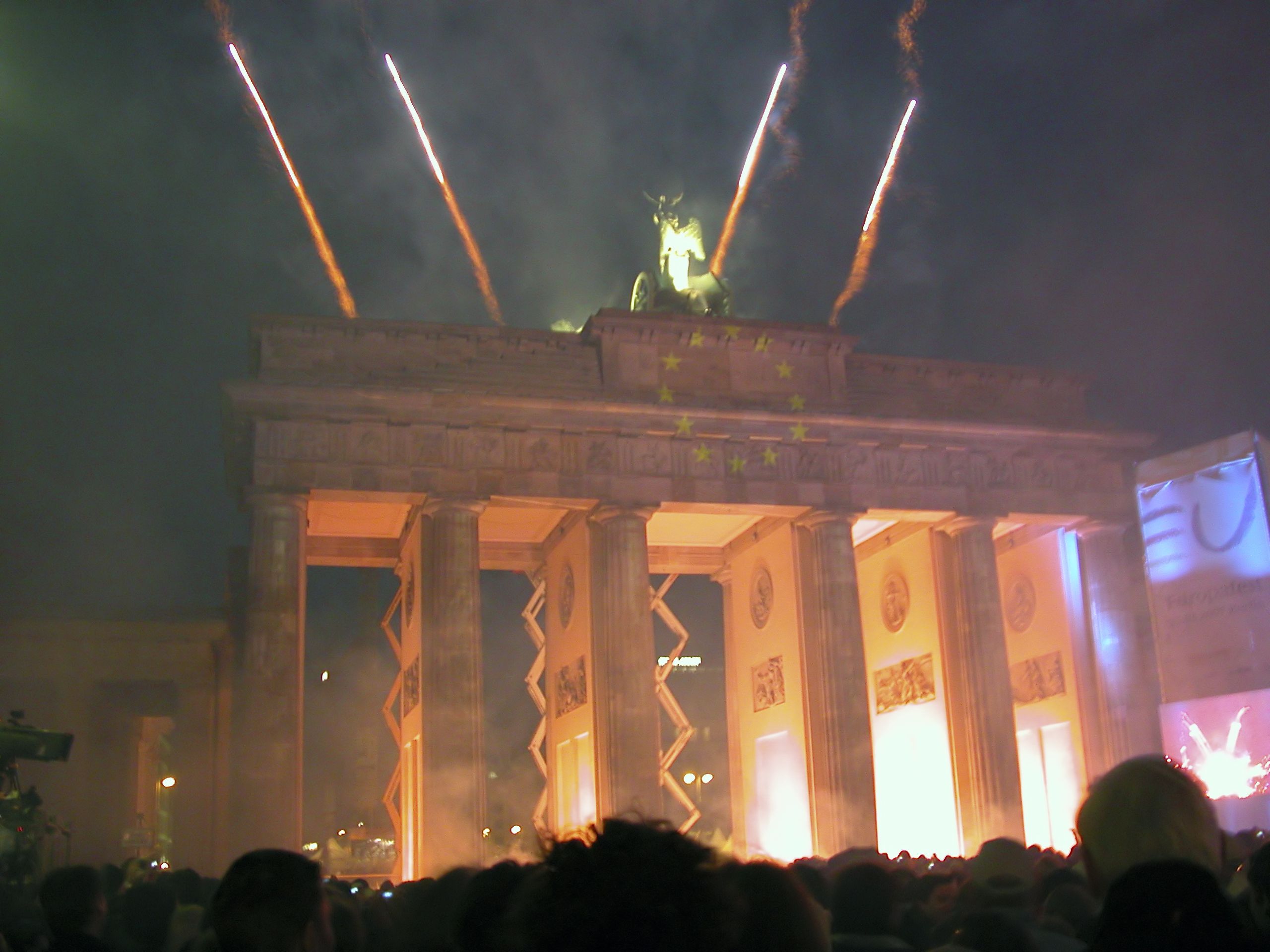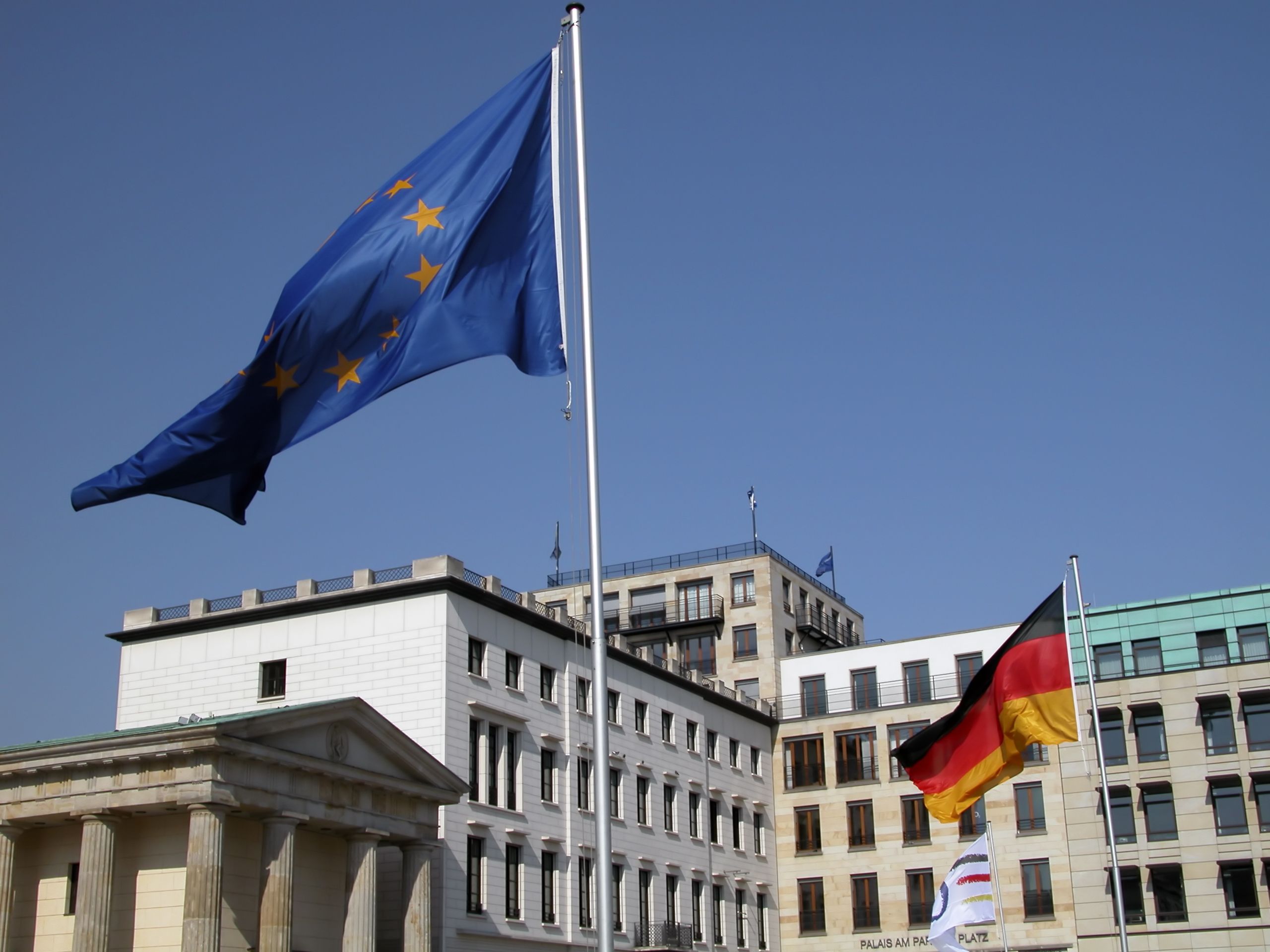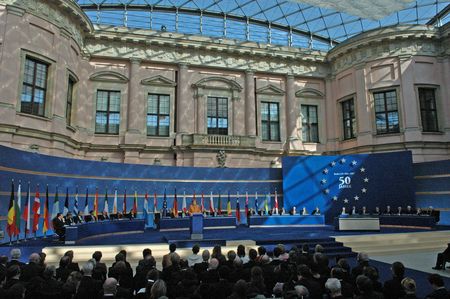| A dynamic Europe
For only a Europe with strong institutions can be dynamic and achieve strong growth. The key to growth, the Chancellor made clear, lies "in the knowledge and ability of Europe’s citizens, in education, research and innovation". One important reason why Europe needs to be efficient and able to act effectively is that the tasks it faces are increasingly complex – to fight terrorism, organized crime and illegal immigration Europe has to unite its efforts. That also means working towards the peaceful resolution of conflicts in the world. The Union is also committed to driving back poverty, hunger and disease. Such tasks can hardly be addressed successfully if decisions in these fields can be taken only by the unanimous consent of 27 Member States.
Placing Europe on a renewed common basis
At the close of the German EU Presidency at the end of June Angela Merkel plans to present a roadmap setting out how Europe should go forward. The intention is to preserve as much as possible of the substance of the abortive Constitutional Treaty. The President of the European Council has set herself the goal of getting a new treaty onto the table by the second half of 2008 at the latest. Between now and then, however, there will have to be a great deal of discussion. It will not always be possible to involve the public in this process, but "we will continue the discussions within the European Union in a spirit of good comradeship," the Chancellor made clear at the press conference at the end of the official part of the celebrations. |
